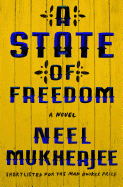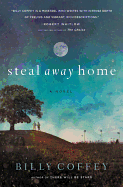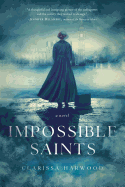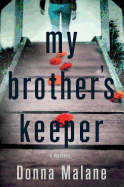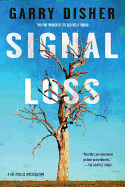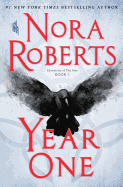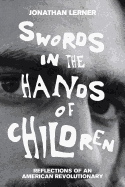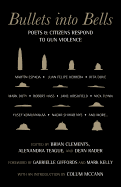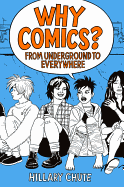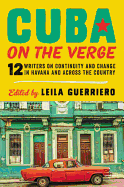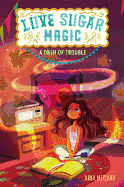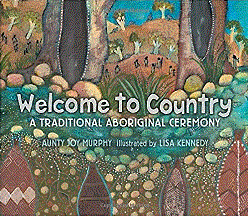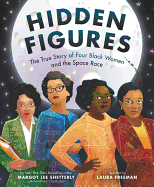 |
| photo: Joan Allen |
Pierce Brown is the author of the Red Rising series, which includes Red Rising, Golden Son and Morning Star. The science fiction trilogy follows protagonist Darrow and his campaign to overturn a color-based caste system characterized by rigid inequality. Iron Gold is the first book in a new trilogy set 10 years after the events of Morning Star and focuses on the consequences of Darrow's rebellion. The novel also continues to reflect Brown's interest in Roman history, which is a strong influence on the world of Red Rising.
How did you balance the demands of pleasing existing fans with appealing to new readers?
Iron Gold is the first volume of a new story arc set in the Red Rising saga. Many familiar players from the earlier books continue their adventures, which should appeal to existing fans. But the introduction of multiple new characters and viewpoints also make this book a possible entry point for new readers. The next generation is starting to make their mark, and readers will see the worlds through their eyes. Fans who have read the earlier books will certainly have an enhanced experience, knowing all of the backstory and motivations. But these new characters make Iron Gold accessible.
Did you draw on any specific incidents or periods in Roman history in crafting your new trilogy?
Much of the historical and event-driven inspiration for the series comes from the Republic Era of Rome, while much of the iconography, nomenclature, etc., comes from the Empire. The heaviest influence on the narrative of Iron Gold comes from the years between the death of Julius Caesar and the rise of his nephew and heir, Octavius. The shifting alliances, the political shenanigans, the privatization of armies all make one deliciously violent stew for egos to rise and fall.
In Iron Gold, were there ways in which you tried to provide more perspective on the failures of the Rising?
The fact that there are four POVs instead of just Darrow's gives Iron Gold fundamentally different DNA. This story is about the consequences of war. It is impossible to look into the lives of Lyria, a disenfranchised Red from the "freed" mine of Lagalos, and Ephraim, a disillusioned former Gray rebel, and not see the failures of the Rising. The failures are many, layered, significant and impossible for both Darrow and the reader to ignore. I think that is what makes this such a fun tale to tell. There is no easy solution. No black and white. Each character thinks they stand upon the moral high ground--isn't that our nature? But over the course of the story, they see new dimensions to their own morality, to their place in the world and the effects of their actions.
When your series started, many of the major characters were quite young. How did you go about imagining adult versions of characters who have lived traumatic lives in the shadow of near-constant war?
I imagined it would be quite difficult. It wasn't--partially because I had a crutch. The characters have aged with me. I wrote Red Rising when I was 22 and my life was in an emotional tumult. Darrow was 16 and his blunt, simple anger at his surroundings very much mirrored my own. Now I'm 29, and instead of the world around me taking greater clarity, it is more opaque and convoluted. I see the cracks in institutions which I used to respect. I see complexity where I once saw simplicity. My characters reflect that. They fought for freedom. But what the hell does that mean? Sure, break the chains, break the oppressor, but then what? The grappling with that question is the key to their evolution and their adulthood, and is asked at the same time that I'm really taking my first large leaps away from my own youth.
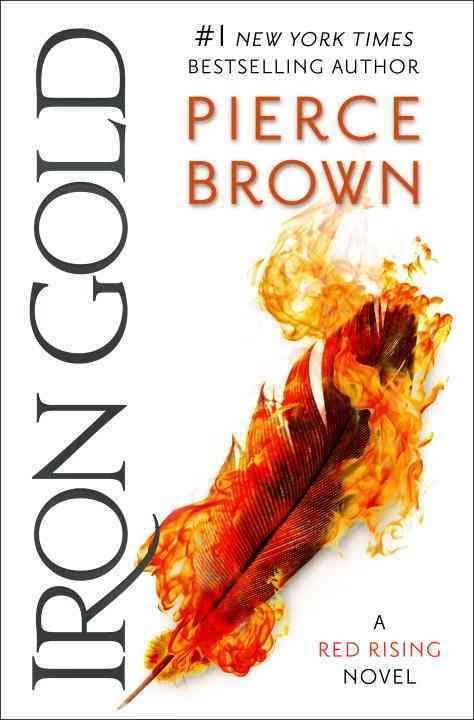 The various Colors obviously correspond to issues of class, but did you also draw from the history of racial prejudice in writing about the Society's caste system?
The various Colors obviously correspond to issues of class, but did you also draw from the history of racial prejudice in writing about the Society's caste system?
Yes--a good amount was drawn from post-Civil War Reconstruction, particularly the pernicious difficulty former slaves faced in finding work and true liberty after their emancipation. Some influence also comes from the caste system in India. But I also drew significantly on pre-gunpowder eras and eras in which slavery wasn't yet defined by race. Rome was around for 700 years, and dominated most of the known world for a good portion of that time. But to have the colossus that was Rome, you had to have millions of slaves squished under foot. To have the Mongols, you had to have their victims. The victims of Rome and the Mongols were not racially targeted. They became slaves and chattel because of military conquest.
What I really wanted to focus on was the social and economic systems that enslave people or marginalize them--and how that can continue long after legal freedom is attained.
There's a quote from Voltaire that I've heard used in reference to Roman history: "History is filled with the sound of silken slippers going downstairs and wooden shoes going up." The Rising seemed epochal, but is there a way in which Iron Gold reveals it to be part of the natural churn of history? I'm curious whether you're cynical or pessimistic about the idea of creating lasting change.
Damn. It's a good interview when you face down one of your favorite quotes in the interviewer's questions.
I'll not tell you if I'm a cynic or an optimist--the course of the new trilogy will likely give you better and more honest insight into that than my words here. But I will say yes, the Rising seemed epochal--the end of tyranny, the beginning of a new age in which sparrows sing and freedom rings. The fact that the consequences of the Rising have led to brutality, violence and upheaval doesn't invalidate the Rising, just as World War II--which sprang from the seeds of World War I--doesn't invalidate World War I. In fact, World War II led to a much better world than World War I led to. For the greater part, it fundamentally divorced the populaces of the world from nationalism, led eventually to greater freedom, a real and lasting deconstruction of imperialism and more self-determination. So I don't look at the war that follows the Rising to be an indictment against lasting change. Instead, I look at it as the greatest challenge to creating lasting change--realism. Can Darrow, Mustang, and the rest create lasting change in a world riven by social strife, racial divide, and military conflict? I'm just as eager to see as you are.
Is there a way in which Darrow and others must now struggle not to buy into their own propaganda and think of themselves as Gods?
That is the central question of Darrow's story. Billions follow him. Millions worship him as if he is a living god. Others form human mountains in their desperate scramble to vest that adulation and power away from him and crown themselves with it. How does a man make decisions under such strain? How can he lead without confidence becoming hubris? How can he win without becoming the very thing he once despised? It is a delight to try to answer those questions within the narrative.
On a more technical note, the universe you've created has grown to be complex, with many unusual terms and neologisms. How do you make sure the reader doesn't feel overwhelmed by jargon?
In a word: context. I don't pull a full Clockwork Orange and use jargon to jar the reader's sensibilities. Burgess used jargon and violence to bludgeon the reader so that they felt violated. It was an incredibly effective tool, which helped him develop the thesis of his book. I use jargon for another reason: to make the reader feel as though the world of Red Rising is real, with its own rules, its own idiosyncrasies, in order to help create a feeling of immersion. The key to doing that effectively for me is to give the reader clues or context so that they don't puzzle over something for very long until it is explained implicitly or explicitly.
Iron Gold can't help but have some contemporary resonance with its discussion of fierce political divides, refugees, foreign wars, terrorism, etc. How much impact does the atmosphere of our times have on your writing?
A fair bit. But I think it would be fair to say that almost any period in time has many of these same issues, and perhaps to a greater extent. The very last thing I want to do is tell the reader how to think about current issues like Trump, Syria, immigration. That would be presumptuous as all hell and would marginalize their own personal experience. I'd rather pose thematic questions in the context of my story and let the reader come up with their own answers. Those are the stories that last, and I hope mine does. --Hank Stephenson, bookseller, Flyleaf Books, Chapel Hill, N.C.
Pierce Brown: Returning to the World of Red Rising

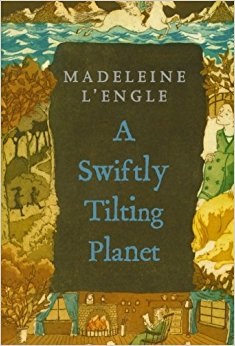 As I reread, I became worried. I loved these books as a child. What did I take away from this? I didn't consciously register an insidious concept behind the importance (and goodness) of the blue-eyed timeline; I just liked the magic.
As I reread, I became worried. I loved these books as a child. What did I take away from this? I didn't consciously register an insidious concept behind the importance (and goodness) of the blue-eyed timeline; I just liked the magic. 



 The various Colors obviously correspond to issues of class, but did you also draw from the history of racial prejudice in writing about the Society's caste system?
The various Colors obviously correspond to issues of class, but did you also draw from the history of racial prejudice in writing about the Society's caste system? 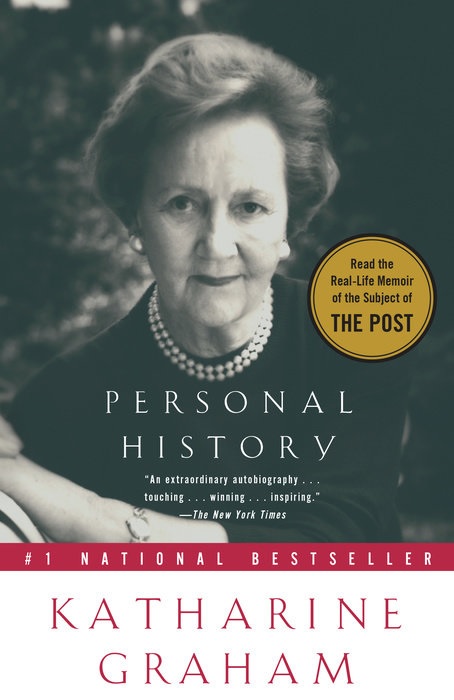 Katharine Graham's path to publisher of the Washington Post was hardly written in ink. Her father, Eugene Meyer, was a wealthy investor and public official who purchased the Post at a bankruptcy auction in 1933. Despite her privileged economic conditions, Graham grew up with a distant socialite father and a condescending mother. She graduated from the University of Chicago and worked for a San Francisco newspaper before marrying Philip Graham in 1940. In 1946, Katharine's father gave the Post to her husband, which he ran until he committed suicide in 1963.
Katharine Graham's path to publisher of the Washington Post was hardly written in ink. Her father, Eugene Meyer, was a wealthy investor and public official who purchased the Post at a bankruptcy auction in 1933. Despite her privileged economic conditions, Graham grew up with a distant socialite father and a condescending mother. She graduated from the University of Chicago and worked for a San Francisco newspaper before marrying Philip Graham in 1940. In 1946, Katharine's father gave the Post to her husband, which he ran until he committed suicide in 1963.